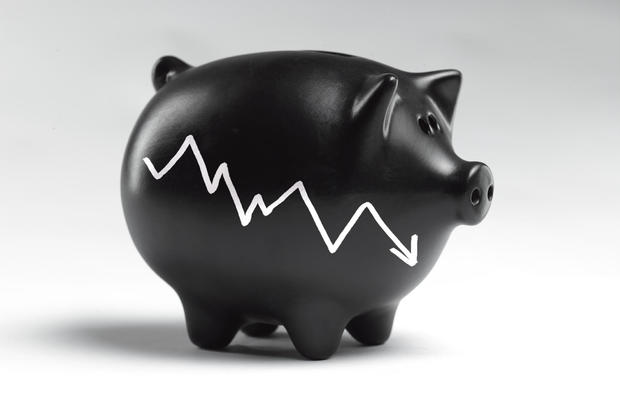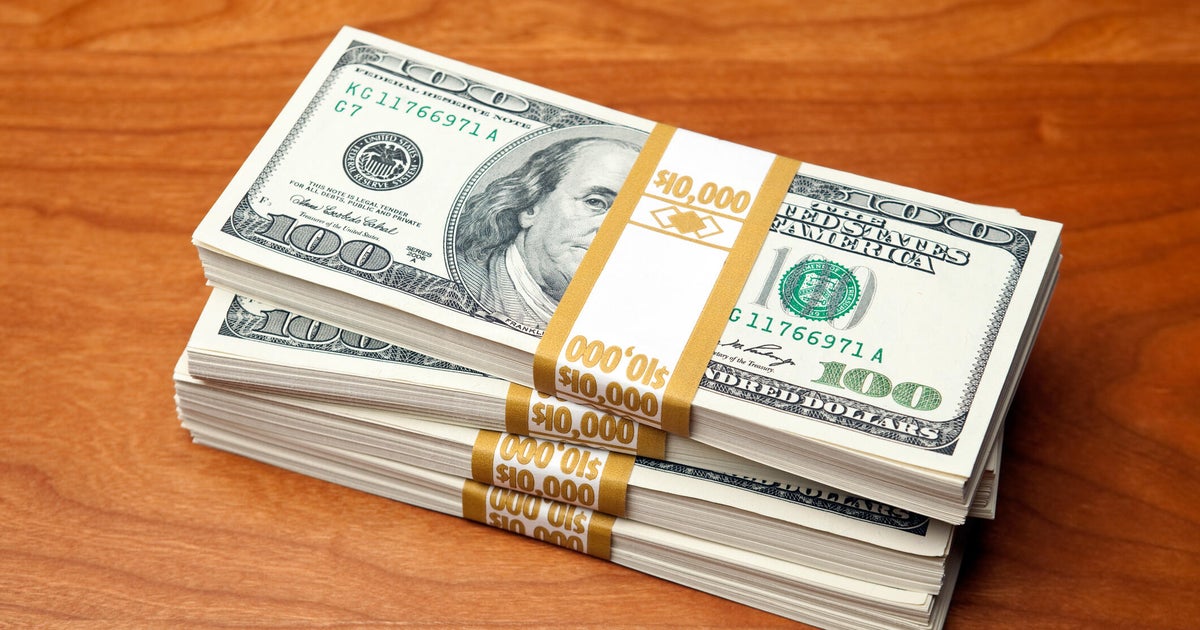Why you should avoid short-term CDs this September
Certificate of deposit (CD) accounts have been a smart choice for savers in recent years.
With inflation eroding the purchasing power of the dollar and borrowing costs high, it made sense to buffer those effects with high-interest-rate CDs. But while rates have historically been higher on long-term CDs in exchange for savers leaving their money untouched for an extended period, the volatility of the recent rate climate has resulted in higher rates on short-term CDs, instead.
But the rate climate is evolving again. Inflation has dropped in the last four months and a cut to the federal funds rate is now predicted when the Federal Reserve meets again on September 17 and September 18. That's going to have wide economic repercussions and short-term CDs won't be immune. Below, we'll specify why these types of CDs should be avoided this September – and what savers can do instead to keep earning substantial returns.
See how much more money you could be earning with a top CD here now.
Why you should avoid short-term CDs this September
Short-term CD interest rates are still high but most savers should avoid the temptation to open this account next month. Here's why:
You'll lose the rate quickly
Short-term CDs may come with rates in the 4% to 5% range right now but you won't truly be able to capitalize with an account that expires in just a few months. While a 3-month or 6-month CD could be a smart way to discourage yourself from tapping into your savings, it won't be an effective way to earn interest with a CD. Even a high rate will produce marginal returns if you only earn it for 90 days. Instead, start exploring your long-term options while they're still high.
Rates will be lower when the account matures
The Federal Reserve is expected to issue its first rate cut of 2024 when they meet again in September. But they could cut rates again when they meet in November and once more in December. And while the federal funds rate doesn't directly correspond with CD interest rates, they will move in the same direction. So there's a high likelihood that the interest rate you open a short-term CD with in September will be significantly lower than the rates available when the account matures in December or 2025.
Long-term CDs can lock in today's high rates for years
Perhaps the most important reason to avoid short-term CDs this September? You have better options, namely long-term CDs. While the rates on these counterparts may not be as high as the best short-term CDs, they have something that the short-term accounts do not: the ability to earn a high rate for years. That's a major selling point now as interest rate cuts loom. But rates on these accounts will drop, too, and they can start to fall in anticipation of rate cuts. So it behooves savers who are comfortable leaving their money untouched for an extended period to act now, while they can still lock in a high rate.
Consider a high-yield savings account, too
If you don't want to lock up your money, regardless if it's for a few years or a few months, then consider a high-yield savings account instead. These savings vehicles operate just like traditional savings accounts, albeit with a higher interest rate than those accounts have. That noted, rates on high-yield savings accounts are variable and subject to change as the rate climate does. So you won't be able to predict the returns on this type of account as accurately as you could with a CD. Still, the accessibility may outweigh the benefits that a higher CD rate offers.
Explore your high-yield savings account options online today.
The bottom line
Short-term CDs can still be an attractive option for some savers but, right now, with multiple interest rate cuts looming, many would benefit from pursuing a long-term CD instead. Not only will they be able to get a competitive rate but they can keep it for multiple years, unlike short-term counterparts which will mature in less than a year. And they could complement their long-term account with a high-yield savings account, earning elevated interest rates while maintaining the accessibility they're used to with a traditional account.
Have more questions about your CD and savings options? Learn more here now.




